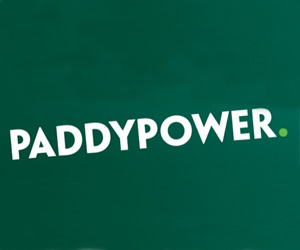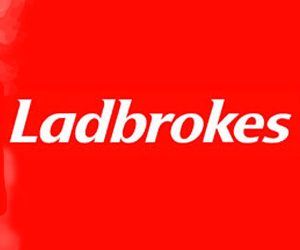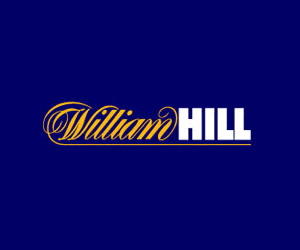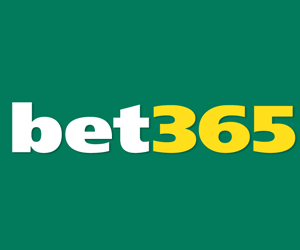 Bookmakers are preparing for a tax avoidance crackdown on online gambling in Britain with Ireland’s Paddy Power and UK-based William Hill and Ladbrokes between them paying an extra £300m.
Bookmakers are preparing for a tax avoidance crackdown on online gambling in Britain with Ireland’s Paddy Power and UK-based William Hill and Ladbrokes between them paying an extra £300m.
Many bookmakers have set up internet operations in territories such as Gibraltar, allowing them to sign up British gamblers while benefiting from benign local tax regimes.
Britain’s government, however, is taking a tough line on tax avoidance as it seeks to swell the Treasury’s coffers, planning a 15 percent duty on bookmakers’ online winnings from British-based customers from next December.
That would bring the tax regime into line with the duties bookmakers pay on takings in betting shops and provide a rare example of taxation policy catching up with the internet age.
With Britain’s online market estimated at more than 2 billion pounds a year, companies such as William Hill, Ladbrokes and Ireland’s Paddy Power will pay an extra 300 million pounds to the taxman.
In preparation, they are stepping up already aggressive advertising campaigns to chase market share while also looking to cut costs and expand in other countries.
 Some analysts have argued for a lower tax rate to avoid boosting the black market. They say that firms beyond the reach of the authorities could offer better odds, tempting gamblers to hand over credit card details to unlicensed operators.
Some analysts have argued for a lower tax rate to avoid boosting the black market. They say that firms beyond the reach of the authorities could offer better odds, tempting gamblers to hand over credit card details to unlicensed operators.
Regulated companies, meanwhile, could ultimately be forced to cut back on some of the free bets and other expensive promotional ploys they use to attract new customers.
Fans watching soccer and other sports on British television currently face a blizzard of advertising, urging them to go online to bet on the next twist in the live action.
Gambling accounted for 4 percent of advertising spots on commercial TV in 2012, up from less than 1 percent in 2006.
A small difference in the tax could have a “significant effect on the amount of online betting that switches from UK-regulated and taxed providers to untaxed offshore providers which might not be appropriately regulated”, said Simon Trussler of consultancy KPMG, which recently wrote a study for the Remote Gambling Association on the impact of the tax.
Industry insiders acknowledge that lawmakers are unlikely to show them any sympathy and some politicians have pointed to family owned Bet365 as an example of what can be achieved.
 The British-based business has paid its fair share in gambling duty yet has still managed to build a market-leading position in online sports betting over the past decade.
The British-based business has paid its fair share in gambling duty yet has still managed to build a market-leading position in online sports betting over the past decade.
Bet365 declined to comment for this article but said in its most recent accounts that it welcomes the new tax, adding that it will allow the company to stay in Britain.
Its rivals, meanwhile, face the challenge of an additional tax bill running into tens of millions of pounds.
William Hill, Britain’s largest bookmaker, is committed to investing in marketing and innovation to stay competitive, its director of investor relations, Lyndsay Wright, said. “But as analyst forecasts show, it will be impossible to mitigate much of the hit to profits in 2015,” she added.
Online betting exchange Betfair said this week that the tax would have cost it 17 million pounds had it been in force in the six months to Oct. 31.
Under the new system bookmakers will pay according to where their customers live, while a new licensing regime is intended to help gamblers to identify reputable operators.
Betfair CEO Breon Corcoran welcomed the regulation but said it must be enforced properly to lock out unlicensed firms and ensure that none can circumvent advertising bans by using online ads or sports sponsorship.
 “If the government puts pressure on marketing partners to control that and indeed puts pressure on the banks to ensure that payments aren’t facilitated to unlicensed operators, we’ll get to a level playing field,” he told reporters.
“If the government puts pressure on marketing partners to control that and indeed puts pressure on the banks to ensure that payments aren’t facilitated to unlicensed operators, we’ll get to a level playing field,” he told reporters.
“Then the good operators licensed in this market can continue to grow, serve the customer and pay taxes.”
In the short term, the largest players are battling it out to secure a bigger slice of a highly fragmented sector in which more than 20 companies compete.
William Hill CEO Ralph Topping told analysts in October that the new tax could have a “silver lining” for his company as some rivals struggle to survive under the new regime.
In the longer term, the big guns aim to expand in other regulated markets, such as Spain and Australia, while keeping an eye on the big prize of the United States as a growing number of individual states relax bans on internet gambling.
source : www.businessworld.ie









